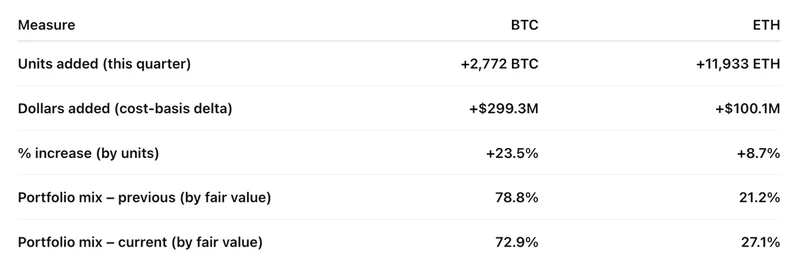In the fast-paced world of cryptocurrency and DeFi, buzzwords like "AI agents" get thrown around a lot. But what exactly are they? A recent X thread by @Defi0xJeff breaks it down in a way that's both eye-opening and essential for anyone navigating this space. Let's unpack it step by step, keeping things straightforward—no jargon overload here.
First off, @Defi0xJeff reminds us that AI agents aren't just fancy scripts, algorithms, or automated bots. Automating tasks is cool, but it's not the full picture. True AI agents are intelligent systems that do way more: they gather info from ever-changing environments, reason through it based on their goals, spot patterns, learn from them, and take proactive steps—even ones their creators didn't think of. Think of it as a smart assistant that evolves on its own, working 24/7 to adapt and improve.
He gives credit to @almanak for this solid definition, and boils it down to: an intelligent system that continuously adapts, learns, improves, and operates around the clock. That's the tl;dr for those scrolling fast.
Now, here's the reality check—most "agents" out there today aren't truly autonomous. According to the thread, over 90% are just regular software with a token slapped on. Another 5% or so have large language models (LLMs) bolted onto them, like ChatGPT integrations. About 4% qualify as AI-automated workflows, which are a step up but still not the real deal. Only 1% are semi-autonomous, and a tiny 0.1% are domain-specific autonomous systems. Ouch—that's a lot of hype to sift through.
This doesn't mean these projects aren't valuable; they can still generate real utility in crypto trading, DeFi strategies, or even meme token ecosystems. But as investors or builders in the blockchain world, it's crucial not to get caught up in the narrative. Investing thinking you're getting cutting-edge AI when it's really just a workflow could lead to some tough lessons.
The replies to the thread echo this sentiment and add some flavor. For instance, @VigWadarajan calls it a "great breakdown," noting that most are just fancy workflows, with the real magic in adaptability. @hvxcrypto views agentic systems as a spectrum, where even looped tool calls with smart engineering count as agentic, but emphasizes the need for an "AI agentic mesh" to avoid chaos.
Others chime in with humor and insights: @plebeybobs jokes about projects connecting to GPT's API and claiming they've built a new AI agent. @0xYue5 stresses the importance of feedback loops, goal-oriented reasoning, and adaptive behavior over a shiny UI on an OpenAI API. And @Souravk31539216 shouts out @SentientAGI as one of the best in the game.
Even @mwa_ia, representing $MIA (Modular Intelligent Agent), agrees that most agents are just wearing masks, and true AgentFi means autonomy, purpose, and self-driven value.
So, why does this matter for meme tokens and blockchain practitioners? In the meme coin world, where hype can pump prices overnight, understanding the tech behind AI-themed projects is key. Tokens tied to genuine AI agents could revolutionize DeFi—think autonomous trading bots that learn from market patterns or agents managing liquidity pools without human input. But mistaking a simple script for an agent might mean betting on vaporware.
If you're building or investing, take @Defi0xJeff's advice: understand the difference. Dive deeper into projects like SentientAGI or MIA, and always question the hype. The future of AI in crypto is bright, but only if we focus on real innovation over buzz.
Stay informed, stay skeptical, and keep building in this wild Web3 space. What's your take on AI agents—hype or here to stay? Drop your thoughts in the comments below.

